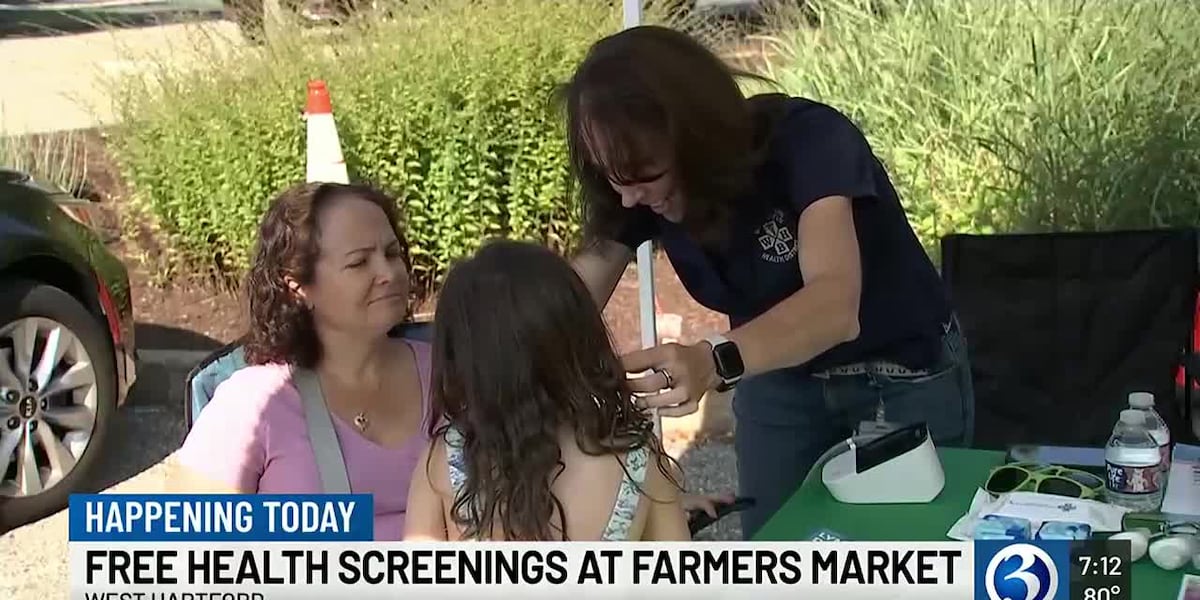High-Income Aussies Opting for Higher Taxes Over Private Health Insurance: A Growing Trend?

A surprising trend is emerging in Australia: a growing number of high-income earners are choosing to pay the Medicare Levy Surcharge (MLS) rather than taking out private hospital insurance. This phenomenon, dubbed the rise of 'conscientious objectors,' has sparked debate about the effectiveness and fairness of the current healthcare system. Nearly 600,000 Australians earning above a certain threshold are making this choice, and the numbers are steadily increasing.
What is the Medicare Levy Surcharge? For those earning above a certain income level (currently around $90,000 for singles and $180,000 for families), the MLS is an additional tax levied if you don't have private hospital cover. It's designed to encourage people to take out private health insurance, easing the burden on the public healthcare system.
Why are High Earners Choosing to Pay the Surcharge? The reasons behind this growing trend are complex, but several factors are at play. Firstly, the cost of private health insurance has been steadily rising, while the benefits haven't always kept pace. Many high-income earners find the premiums exorbitant, especially considering the potential for limited use or dissatisfaction with the service.
Secondly, there's a growing skepticism about the value proposition of private health insurance. Long waiting times for elective procedures in the public system are often cited as a major driver for those considering private cover. However, anecdotal evidence suggests that private health insurance isn’t always a guaranteed solution, with some experiencing similar or even longer waits for certain treatments. This leads some to conclude that paying the MLS is the more economical option.
Thirdly, some individuals simply disagree with the principle of being forced to subsidize a system they don’t fully utilize. They feel that if they're healthy and willing to pay for healthcare out-of-pocket when needed, they shouldn’t be compelled to purchase private insurance.
The Implications for the Healthcare System This trend has significant implications for Australia's healthcare system. A decline in private health insurance coverage among high-income earners could place increased pressure on the public system, potentially leading to longer waiting times and reduced access to care for everyone. It also raises questions about the sustainability of the current Medicare Levy Surcharge system.
Government Response and Potential Reforms The Australian government is acutely aware of this evolving situation. Potential reforms being considered include:
- Reviewing the Medicare Levy Surcharge thresholds: Adjusting the income thresholds at which the surcharge applies could incentivize more people to take out private insurance.
- Addressing the affordability of private health insurance: Government subsidies and policy changes could help lower premiums and make private insurance more accessible.
- Improving the efficiency and transparency of both public and private healthcare systems: Addressing waiting times and ensuring value for money are crucial for restoring public confidence.
The debate surrounding the Medicare Levy Surcharge and private health insurance is far from over. As the trend of 'conscientious objectors' continues to grow, it’s clear that significant changes may be needed to ensure a sustainable and equitable healthcare system for all Australians. The government will need to carefully balance the incentives for private insurance with the needs of the public system and the concerns of taxpayers.




